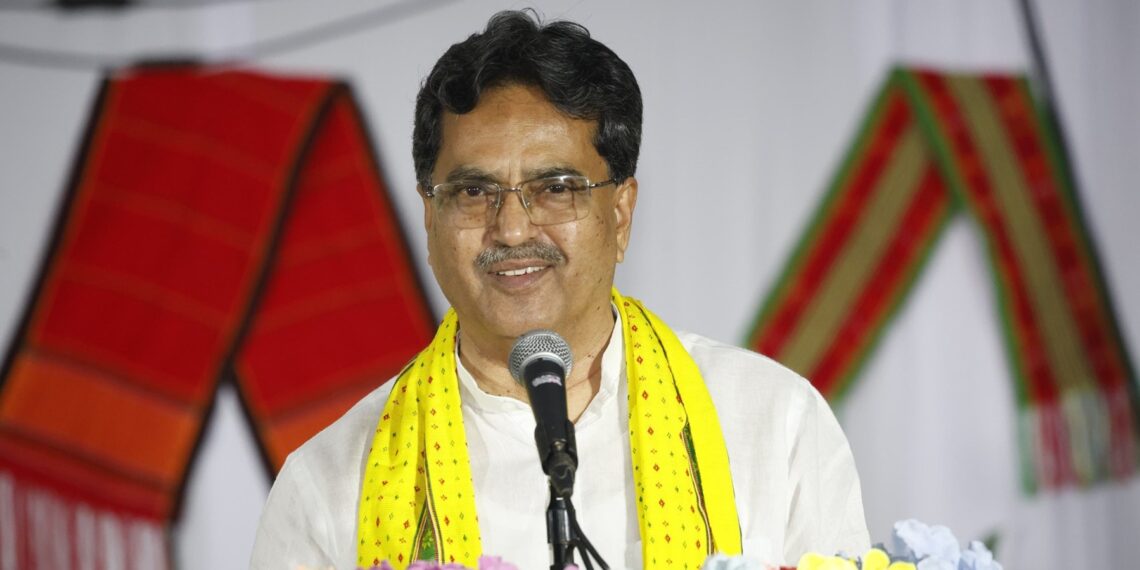Agartala: Tripura Chief Minister Manik Saha on Sunday claimed that the average monthly income of farmers in the state has nearly doubled over the past eight years, attributing the growth to targeted government initiatives aimed at strengthening the rural economy.
Speaking at a public programme held at the Tufanialunga tea estate in West Tripura, Saha said the average income of farmers in the state has risen from Rs. 6,580 in 2016 to Rs. 13,590 in 2024.
Tripura is home to around 4.74 lakh farmers, whose livelihoods have benefited from both central and state-level schemes, he added.
“The current government is committed to farmers’ welfare, as it is essential to rural development. Prime Minister Narendra Modi, who refers to farmers as ‘annadata’ (providers of food), set a vision of doubling farmers’ income. Tripura has already achieved that target,” Saha said.
Highlighting the financial support extended to farmers, the chief minister noted that Rs. 2,272 crore has been disbursed to beneficiaries under the PM-Kisan scheme, along with Rs. 23 crore earned by farmers through paddy procurement at Minimum Support Price (MSP).
In addition, Rs. 446 crore has been provided under the Kisan Credit Card (KCC) scheme.
Saha also urged farmers to embrace modern agricultural technology and equipment to enhance productivity.
According to him, the Agriculture and Farmers’ Welfare Department has distributed farm machinery worth over Rs. 204.5 crore across the state.
He further noted that the Krishi Sankalp Abhiyan, a nationwide farmer outreach campaign, is gaining strong momentum in Tripura.
ALSO READ: Assam prepares for Ambubachi Mela at Kamakhya Temple, to begin on June 22
The programme, led by Agriculture Minister Ratan Lal Nath, aims to reach over 1.72 lakh farmers and is currently active across all 864 gram panchayats and village committees in the state.
Turning to the tea sector, the chief minister said the government is working to revive defunct tea estates by transferring ownership to workers under a cooperative model.
“The plan is to bring non-operational or closed tea gardens back to life through cooperative efforts. Our goal is to see the tea industry flourish once again,” Saha said.















